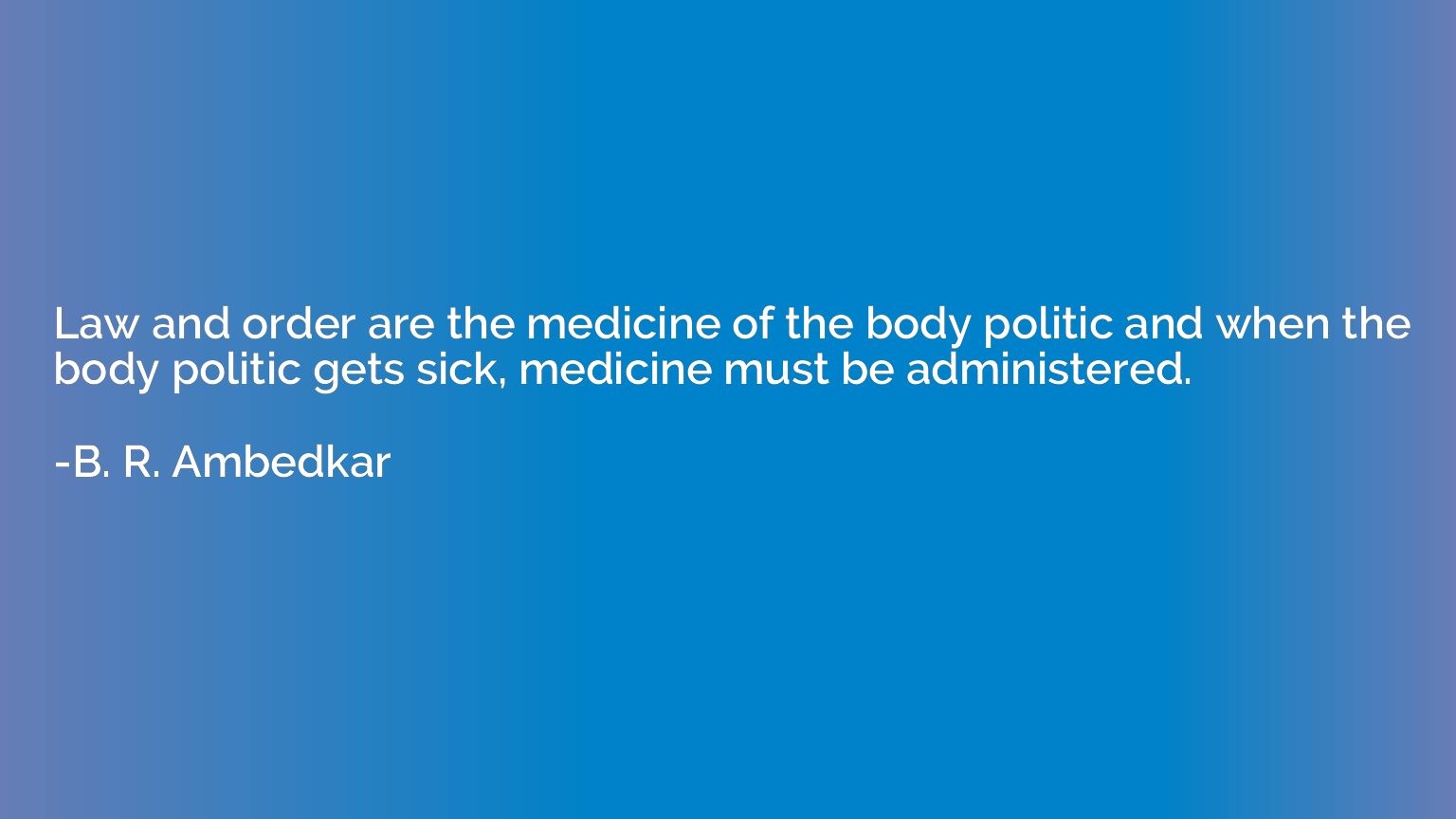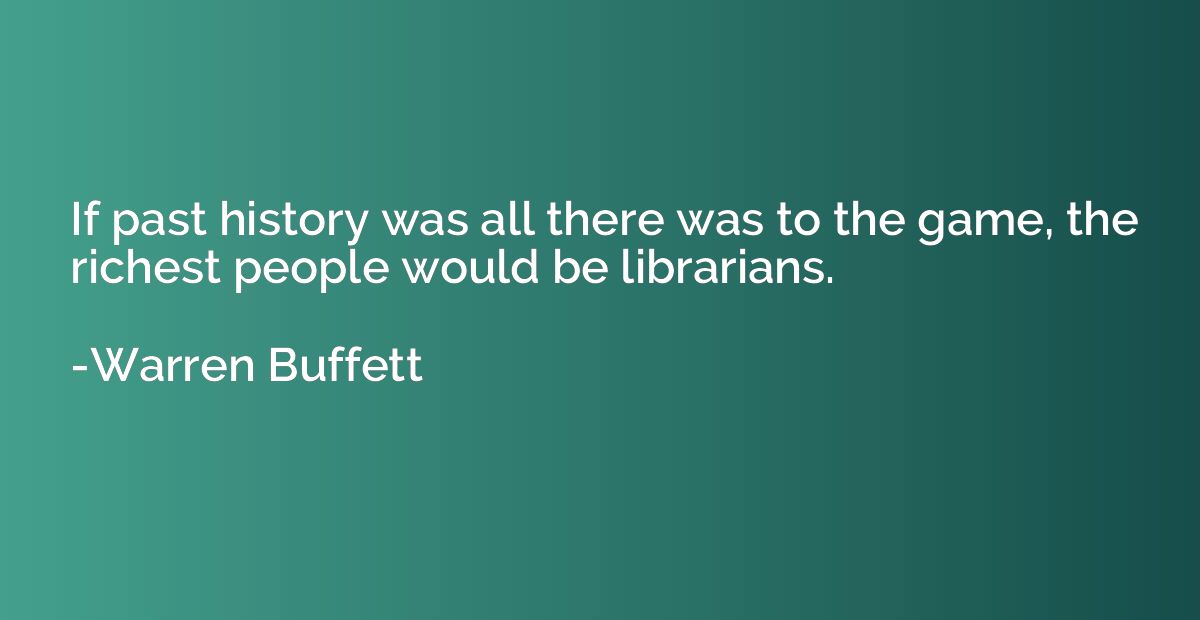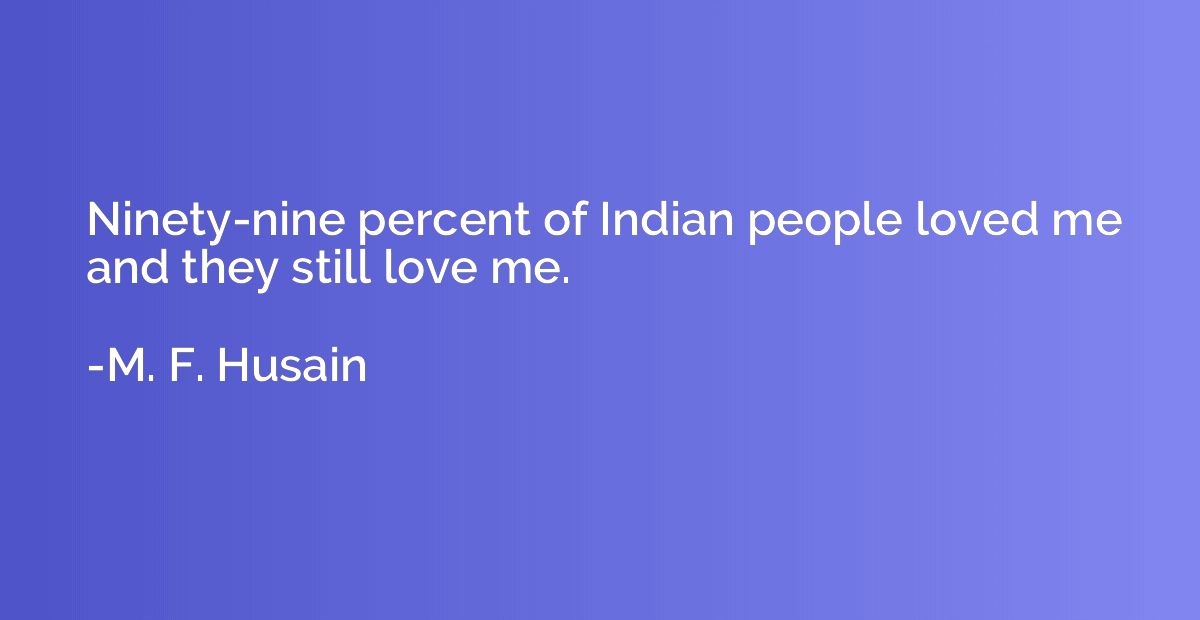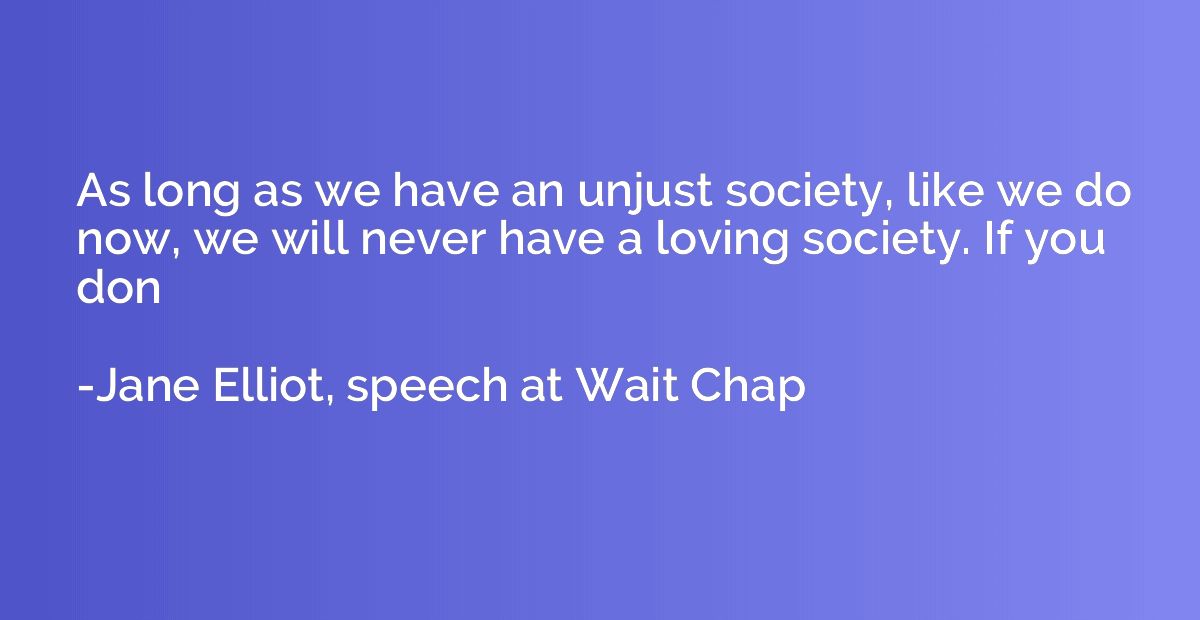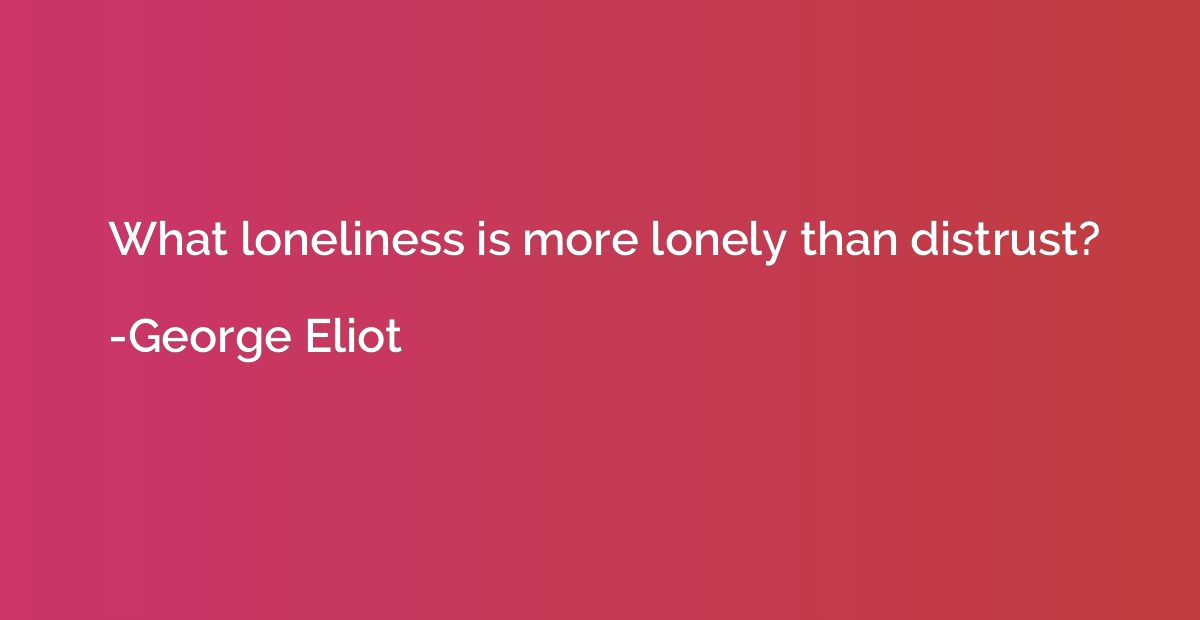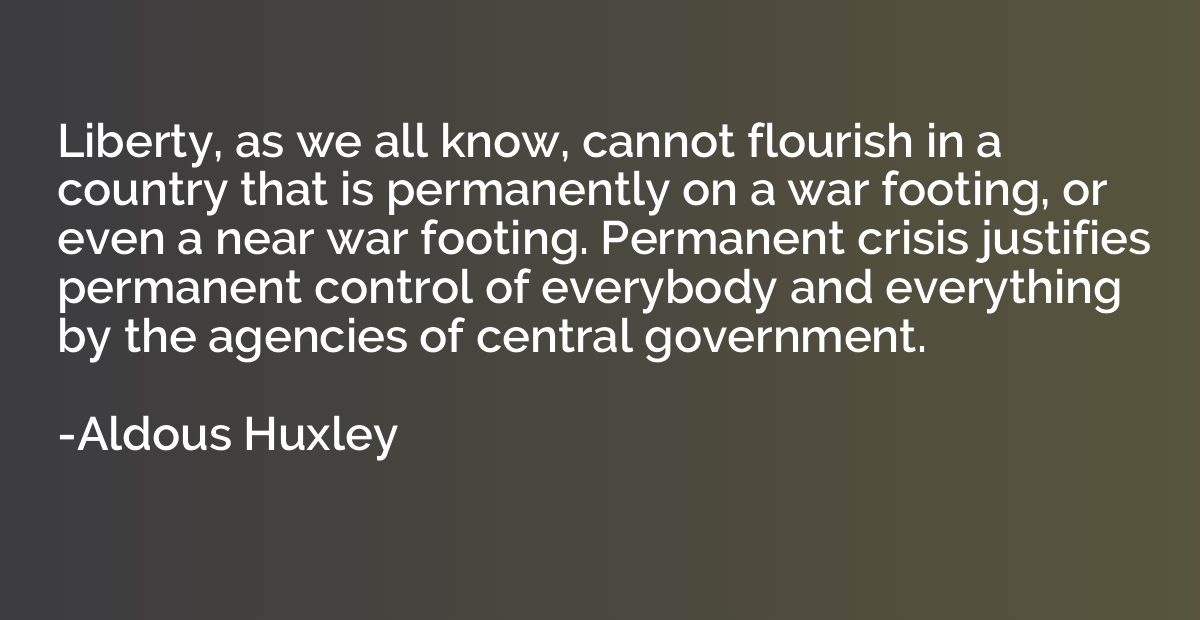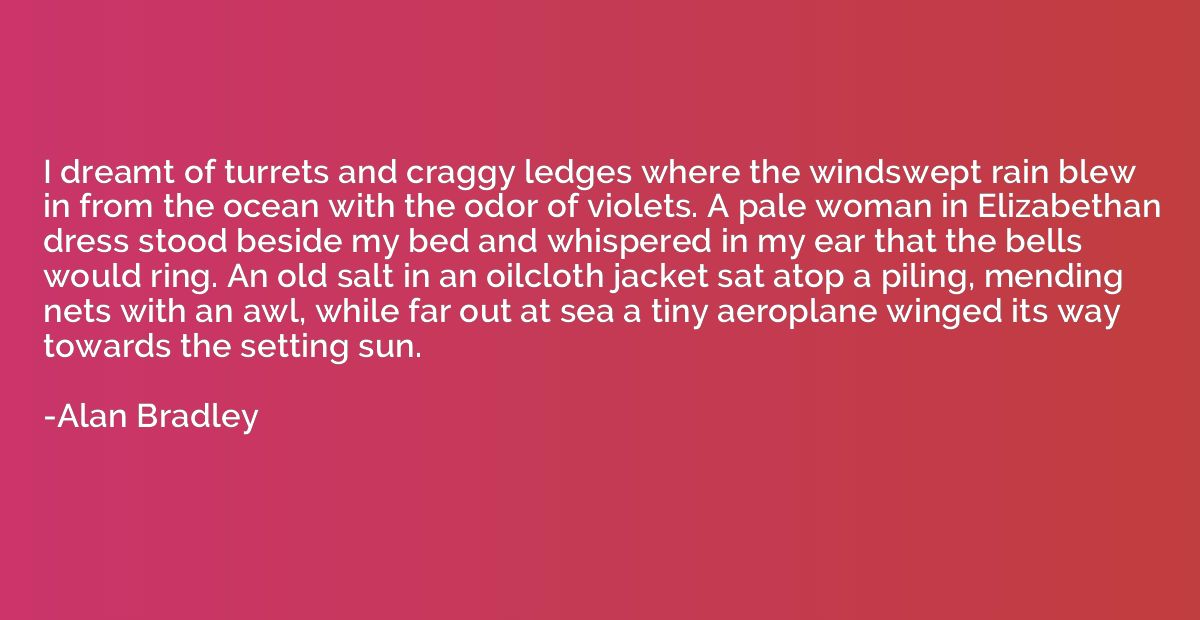Quote by Thomas Friedman
If you followed this economic crisis and you do not think that the world is getting flatter, you are not paying attention. We saw the entire global economy at one time acting totally in sync. The real truth is the world is even flatter than I thought. Our mortgage crisis is killing Deutsche Bank. You still don't think the world is flat?
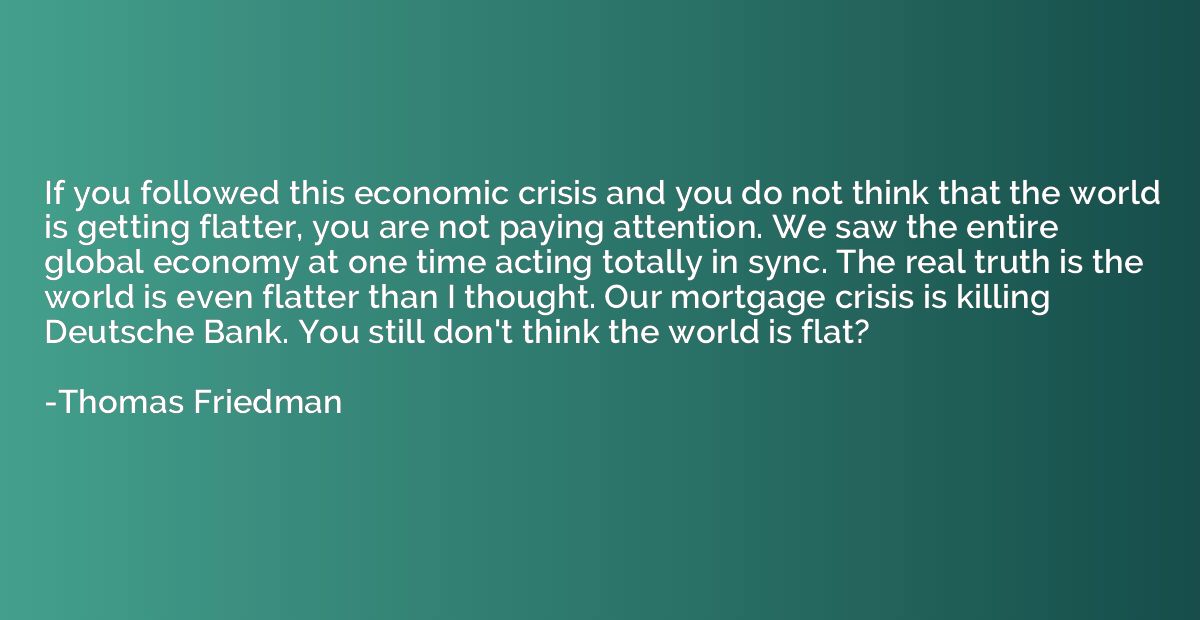
Summary
In this quote, the speaker emphasizes the interconnectivity and global nature of the economic crisis. They argue that the crisis demonstrated how the world is becoming increasingly interconnected, as exemplified by the synchronized actions of the global economy. The mention of the mortgage crisis killing Deutsche Bank suggests that even major international banks can be significantly affected by events in different parts of the world, reinforcing the idea that the world is "flatter" in terms of economic integration than commonly believed. Overall, the quote implies that paying attention to the global nature of crises is crucial in understanding the current state of the world.



